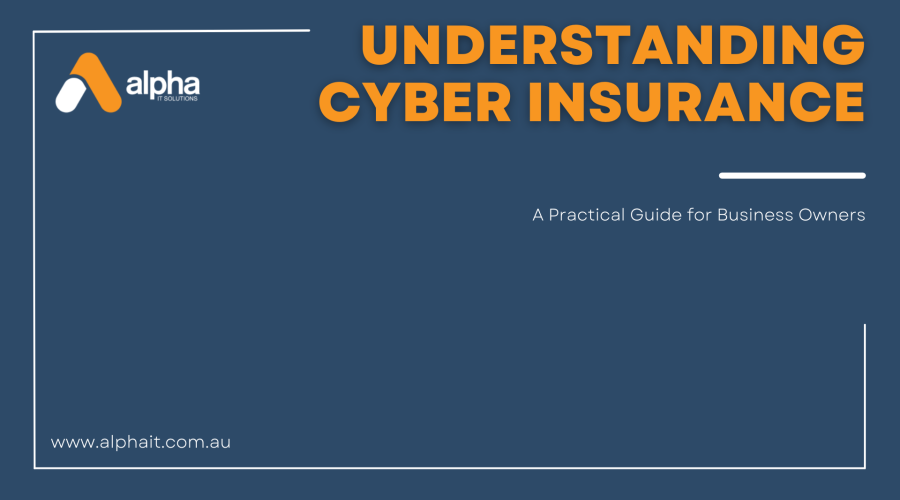
What Every Business Owner Should Know About Cyber Insurance Coverage
Published on September 2, 2025
Cyber incidents can happen unexpectedly, and when they do, the impact on your business can be significant. From getting systems back up and running to managing the broader effects, these situations can disrupt operations for days or even weeks.
This is where cyber insurance can help reduce the financial impact of such incidents.
However, different policies offer varying levels of protection. What’s covered often depends on whether your business had appropriate security measures in place before the incident occurred.
Let’s explore what this means and how you can prepare effectively.
What is cyber insurance and why might you need it?
Cyber insurance is designed to help businesses recover from digital incidents like data breaches and ransomware situations. It can help cover the costs involved when systems are affected and business operations are disrupted.
Depending on your policy, cyber insurance may help with:
- Data recovery and system restoration
- Legal costs and regulatory requirements
- Customer communication and monitoring services
- Business interruption coverage
- Response costs (in some cases)
While cyber insurance is a valuable investment, getting coverage is just the beginning. Maintaining good cyber practices ongoing helps ensure your policy works effectively when you need it.
Why cyber insurance claims sometimes aren’t approved
Having a cyber insurance policy doesn’t automatically guarantee coverage. Insurers review your cybersecurity practices carefully before processing claims. Common reasons claims may not be approved include:
- Insufficient security measures
- Outdated software or missing updates
- Inadequate documentation
- Lack of proper response planning
Your policy works best when you can demonstrate that your digital practices were well-managed before any incident occurred.
How to strengthen your cyber insurance readiness
To support successful claims, your security approach needs to align with what your insurer expects. This typically means implementing the safeguards that many insurers now look for:
- Strong cybersecurity basics like multi-factor authentication, backup systems and endpoint protection
- A documented response plan
- Regular updates and maintenance
- Ongoing team training on cyber awareness
- Periodic security reviews and improvements
This is where partnering with the right IT support can be really valuable.
How your IT partner supports your cyber insurance journey
An experienced IT service provider can help you address the security areas that insurers focus on, ensuring your setup meets their standards and your business is well-prepared to respond effectively.
Let’s chat about how we can help turn your IT approach into a genuine asset that supports your business and strengthens your insurance position.







 Lincon Mclaren
Lincon Mclaren Fernando Arriola
Fernando Arriola Narelle S
Narelle S Rick Fitzpatrick
Rick Fitzpatrick